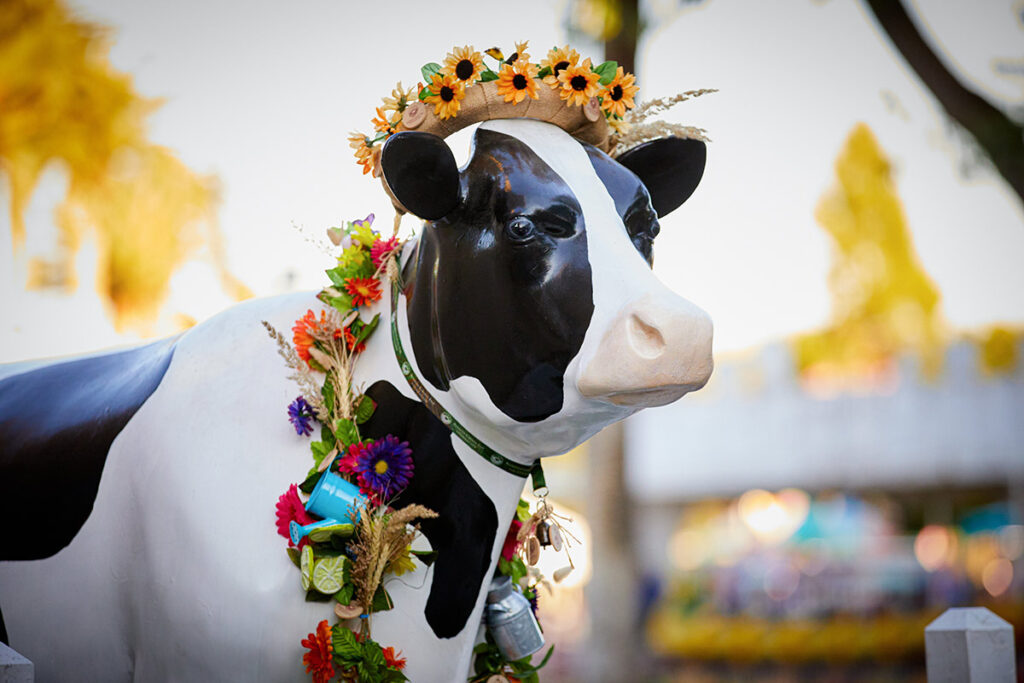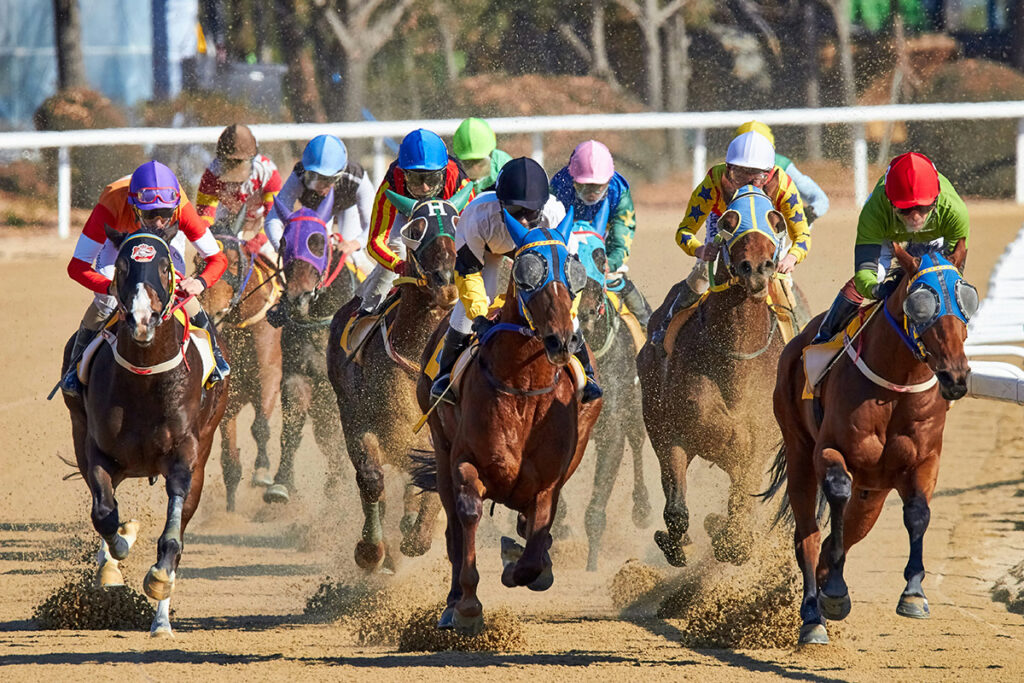Successful Growing Tips for Beginners
Part 1
Mother Nature waits for no one; If you want to enjoy delicious fresh vegetables and fruits from your home garden, the time to plan is now!
To get started, you can grow from seeds or buy plants from your local garden store. I like to pick a few items to grow from seed each year to challenge myself, but I also buy started plants because, well, it’s easier! There is no shame in however you decide to garden. You also do not need a giant yard to grow your own. I’ve seen people garden in all sorts of things, including an old livestock water trough in a cement-paved yard to a 5-gallon food-safe bucket on an apartment balcony. Most common vegetables will grow great in standard bagged soil or compost you can have delivered in bulk. More complicated vegetables and fruits grow better in a certain soil PH (but that is a very long subject for another day!)

I should mention that for my personal garden at home, I’ve learned to grow only things my family eats regularly. Why waste all that effort on an item you will not get to enjoy? I hate eggplant but grew it anyway last year and ended up not eating a single one!
A couple things you will want to identify before you plan your garden is the “hardiness zone” and expected last frost date for your area. Last year I gambled and planted my seedlings early and lost most of them to a late frost. Nothing brings tears to your eyes like dead plants after months of meticulous care! A quick search on the internet can provide numerous charts or graphs that will help you find the hardiness zone and frost dates where you live. For example, my home garden is located in zone 9b and last frost date is March 4th. I use our hardiness zone especially when I pick fruit tree varieties. We have everything from passion fruit, kiwi, mango and avocados types that successfully grow in our climate…we just have to make sure we pick the right variety!

Every plant has an optimal soil temperature for germinating from seed and planting seeds or plants before its time can hinder growth or even damage the plant. Planting late can mean a reduced harvest because temperatures are too high or you are not allowing enough time for the plant to produce.

You will also want to check how much space your new plants will need to grow. Overcrowding can make upkeep difficult as well not allow the plant enough room to spread out and really get going. Melons, Cucumbers and many squashes are vines that require lots of ground space or a trellis of some sort so they can grow upward.

Finally, do not be afraid to make mistakes or get discouraged by setbacks. Someone with a green thumb only got to that point through trial and LOTS of error (like…lots and lots of error!) However, everything is worth it once you taste the first bite of your fresh-off-the-plant produce!
By Jennifer Prendergast
Agriculture Coordinator



